|
New
Releases |
February 13, 2026
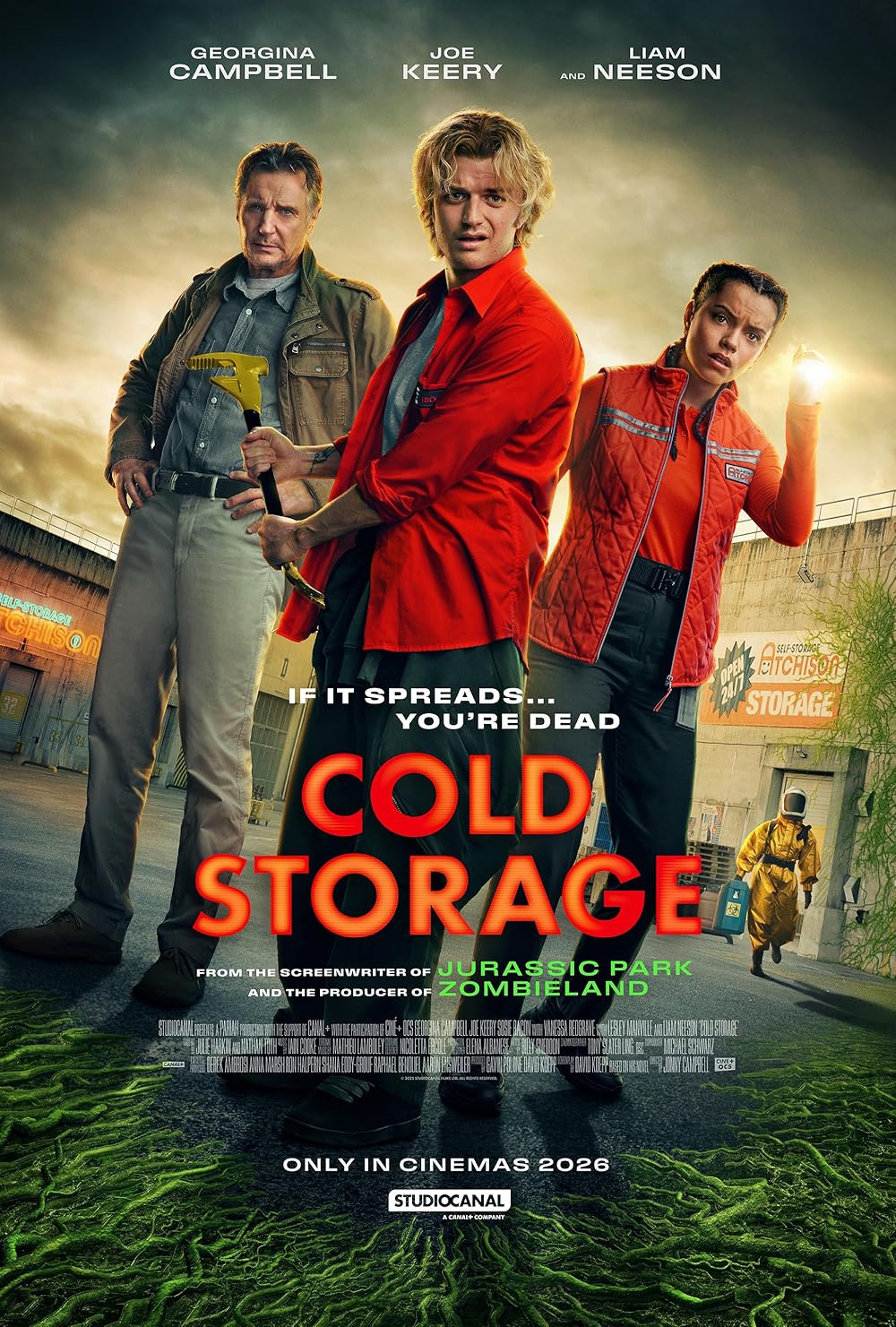
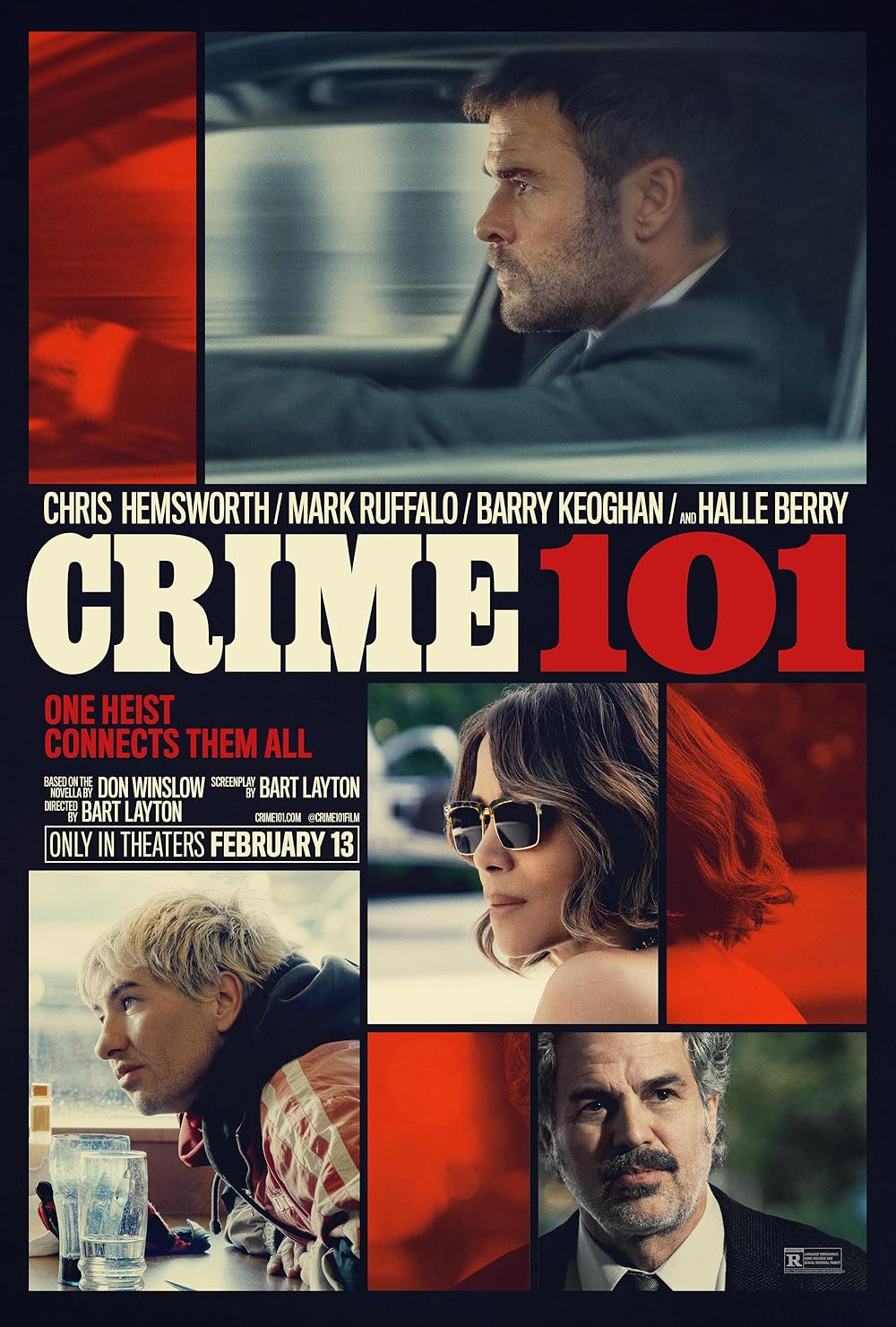

 |
January 30, 2026
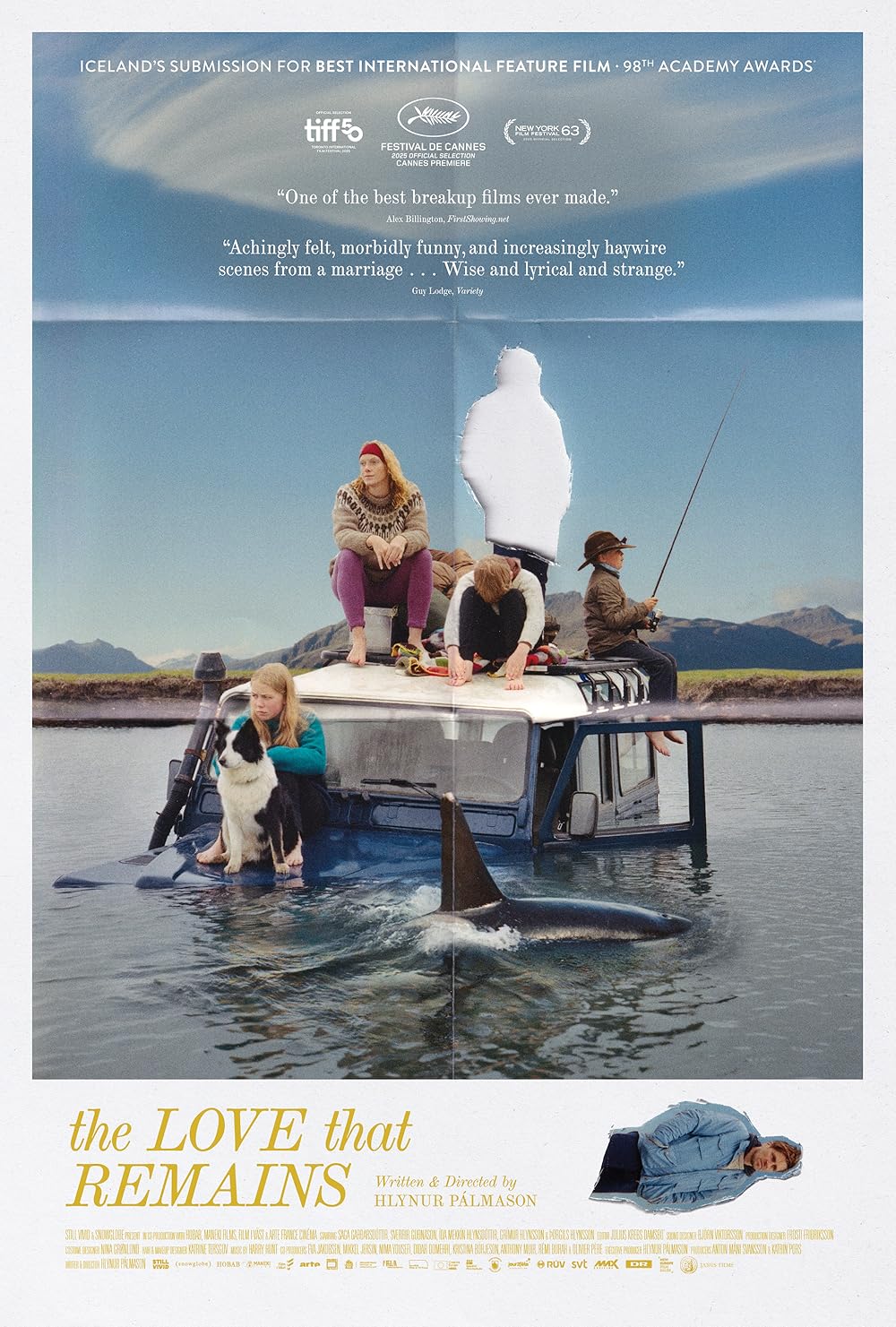

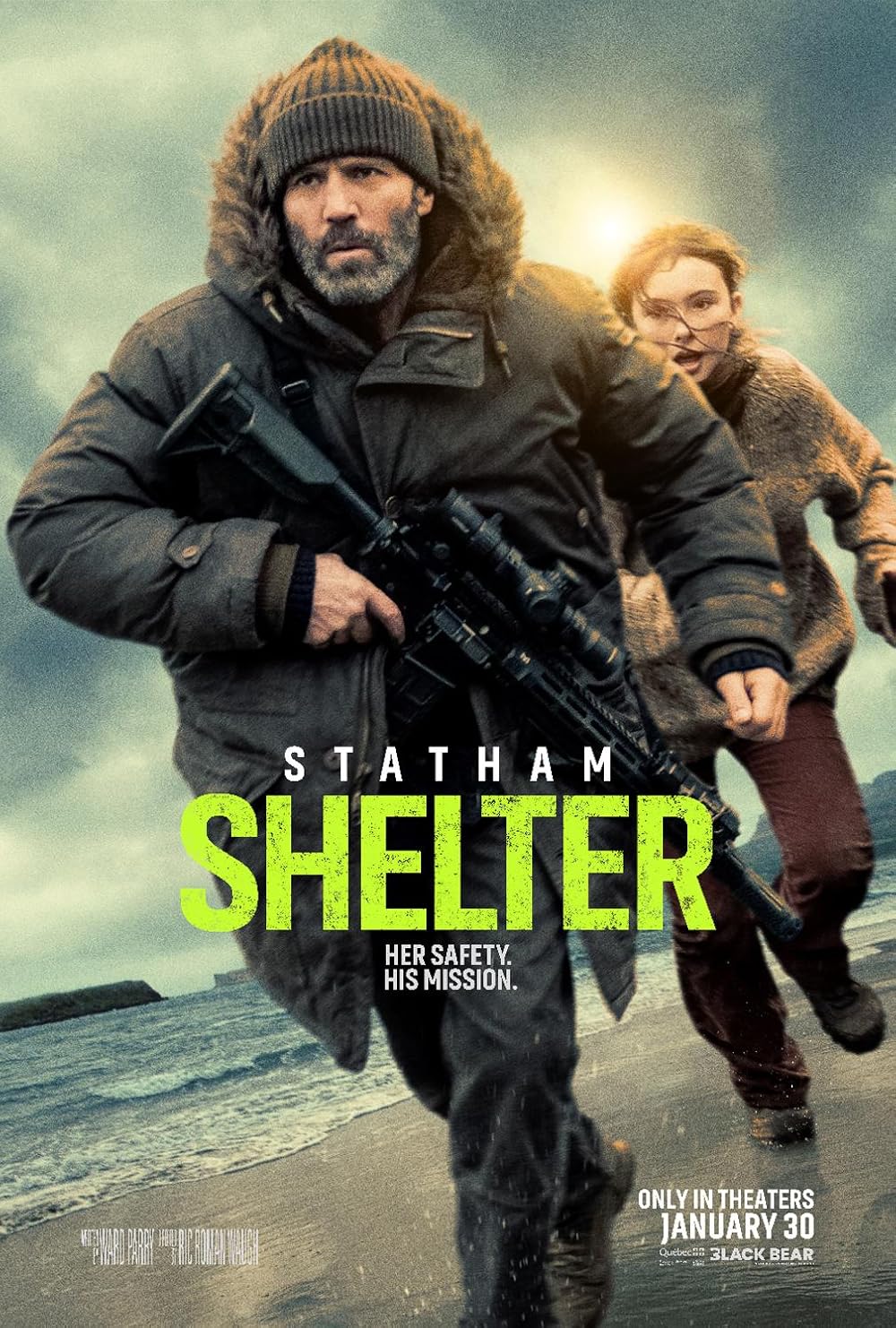
 |
January 16, 2026
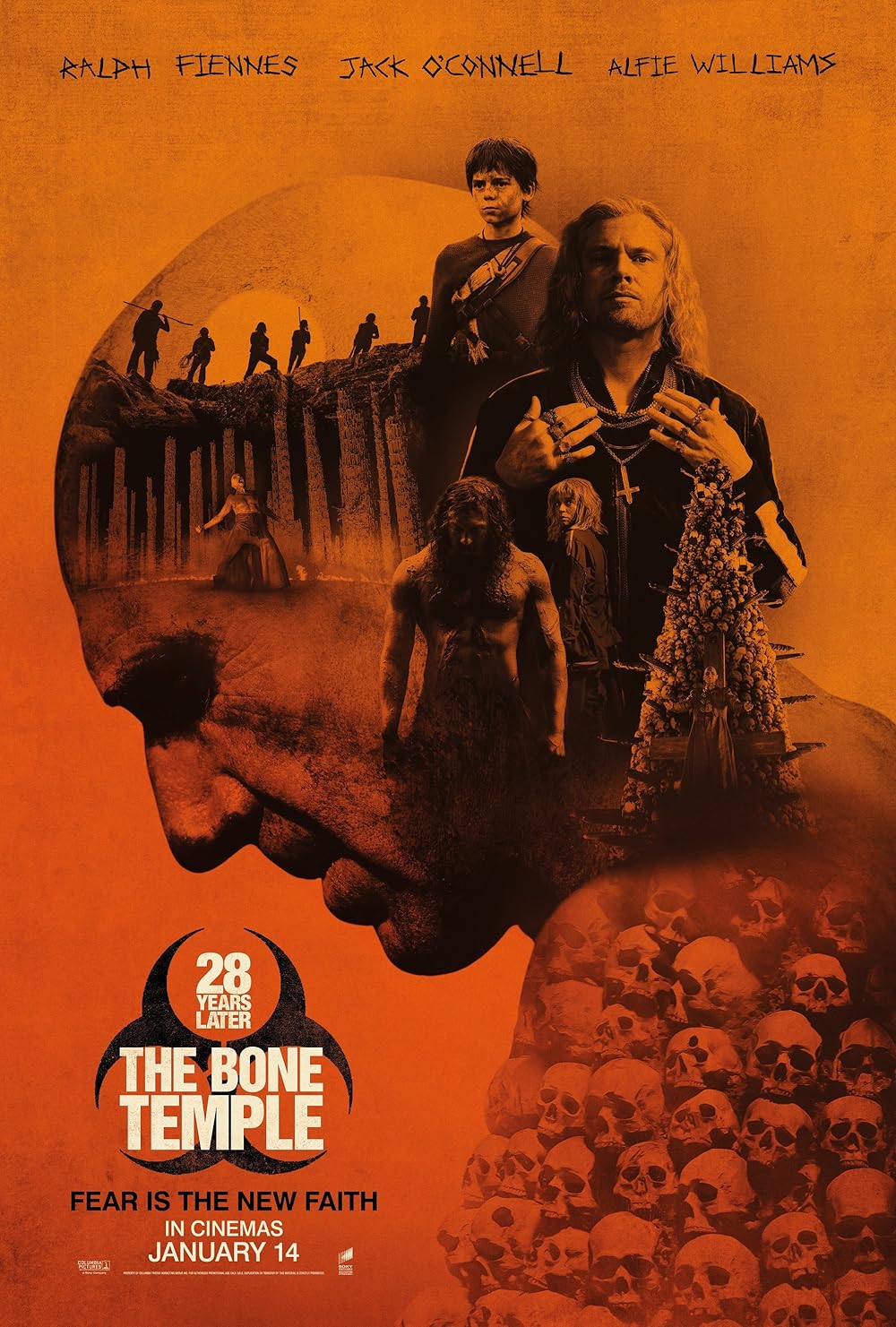
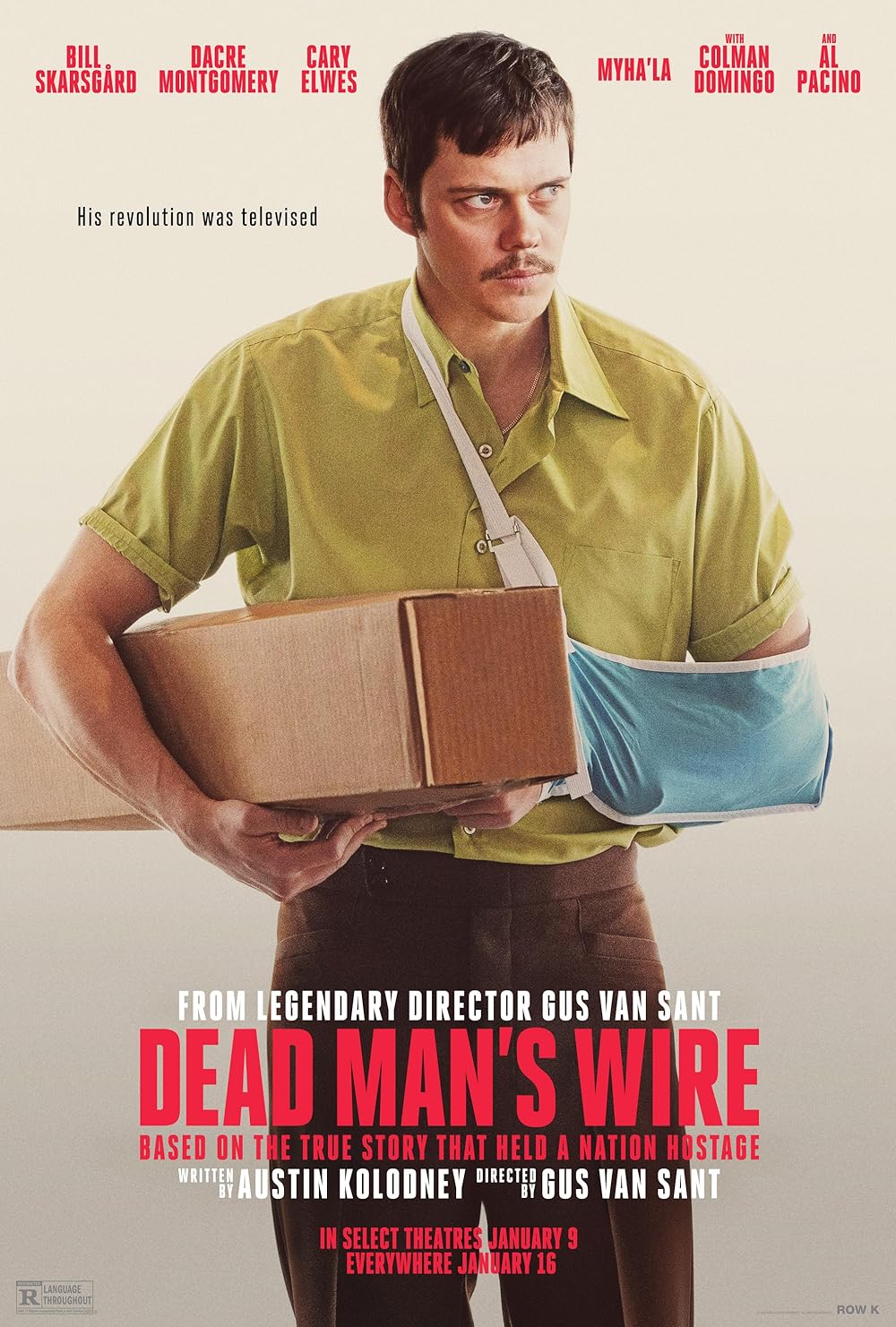

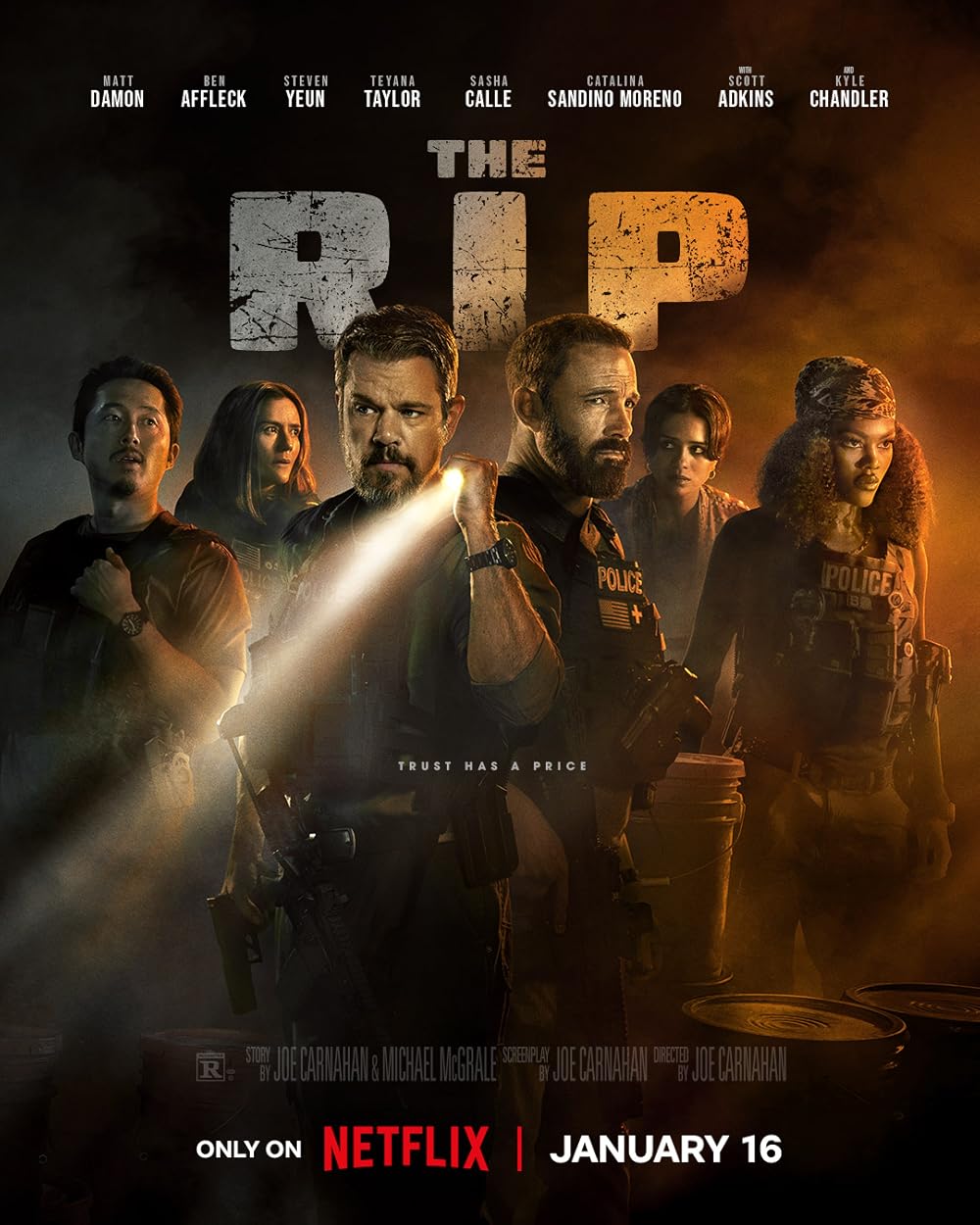 |
January 9, 2026
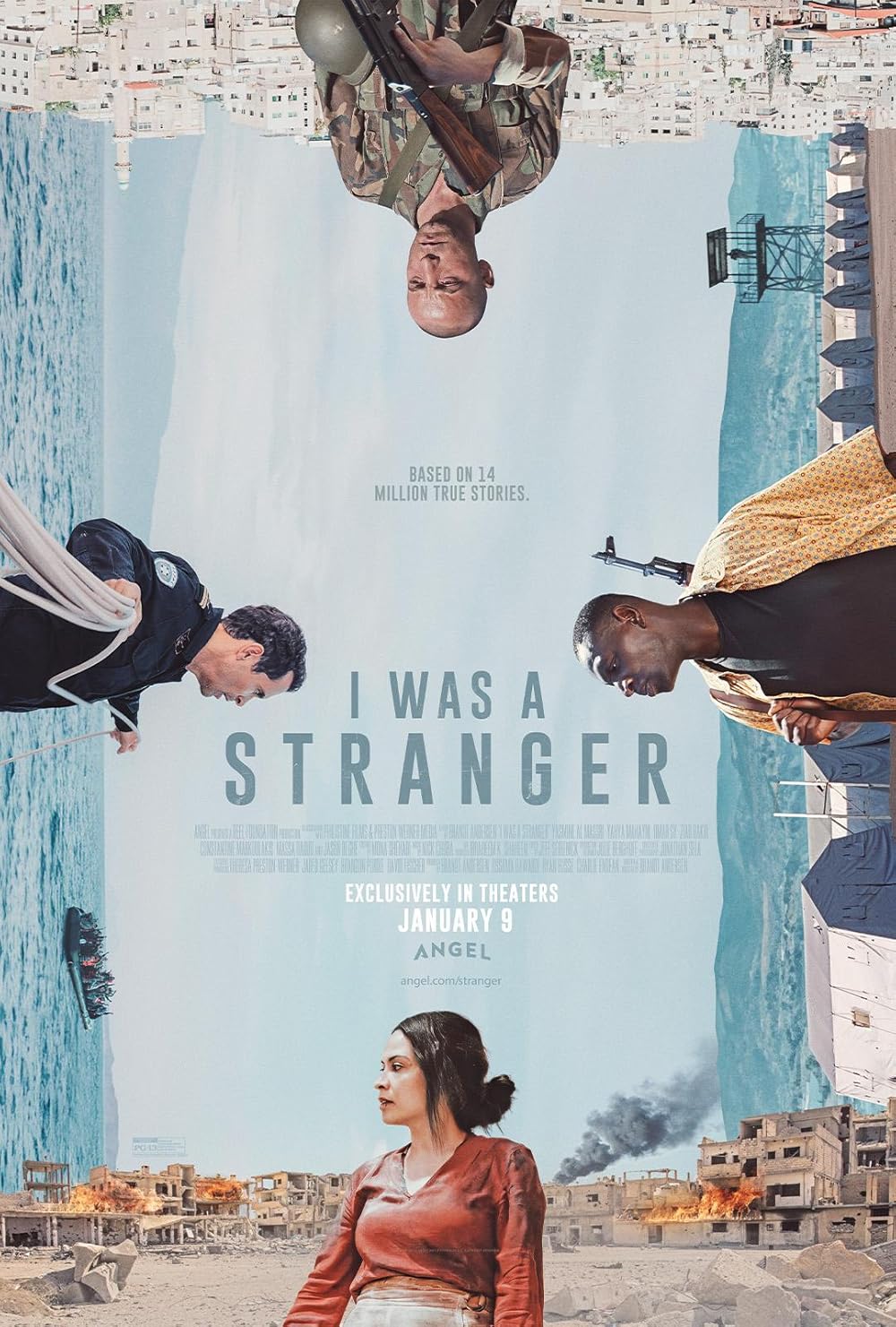
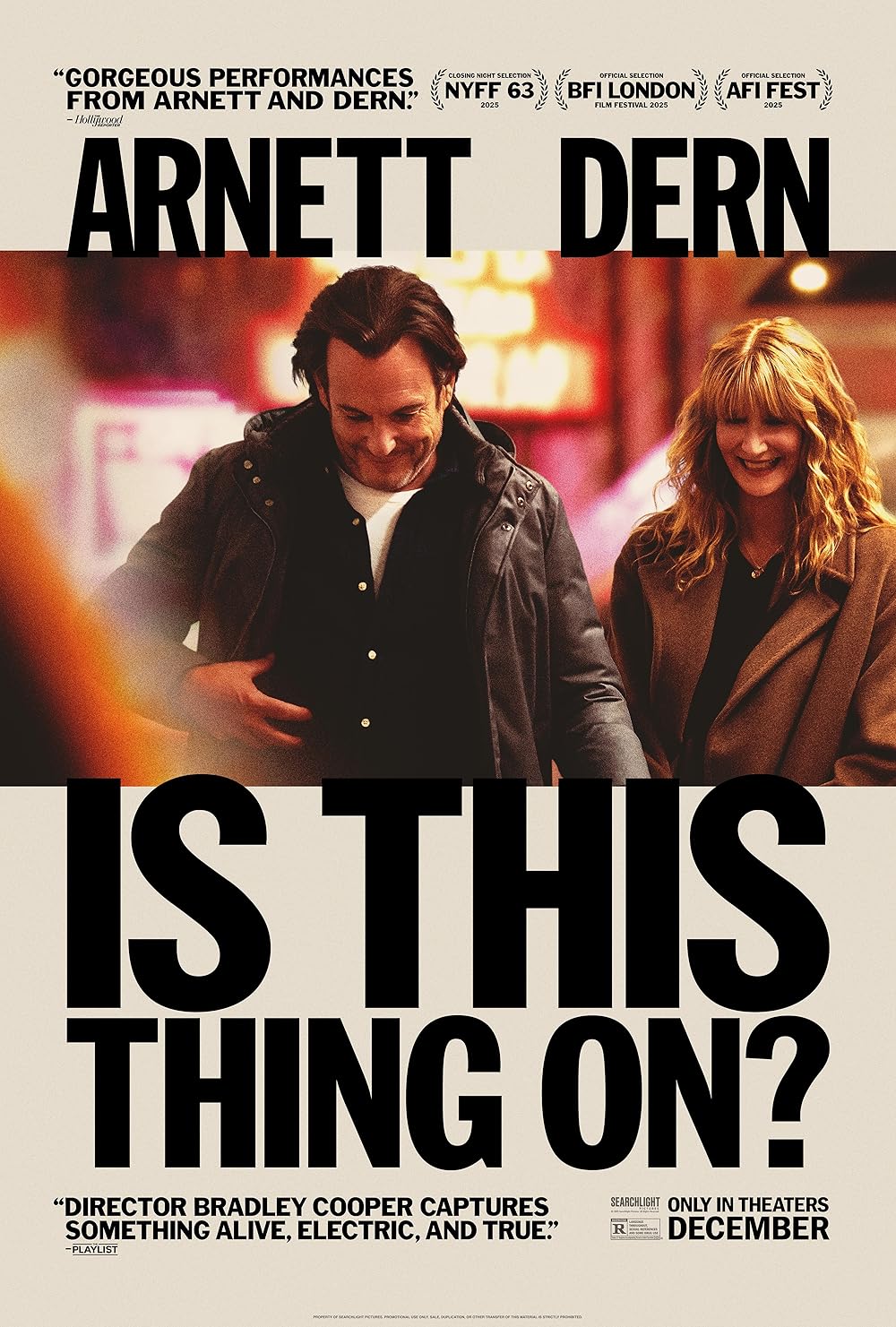 |
January 2, 2026

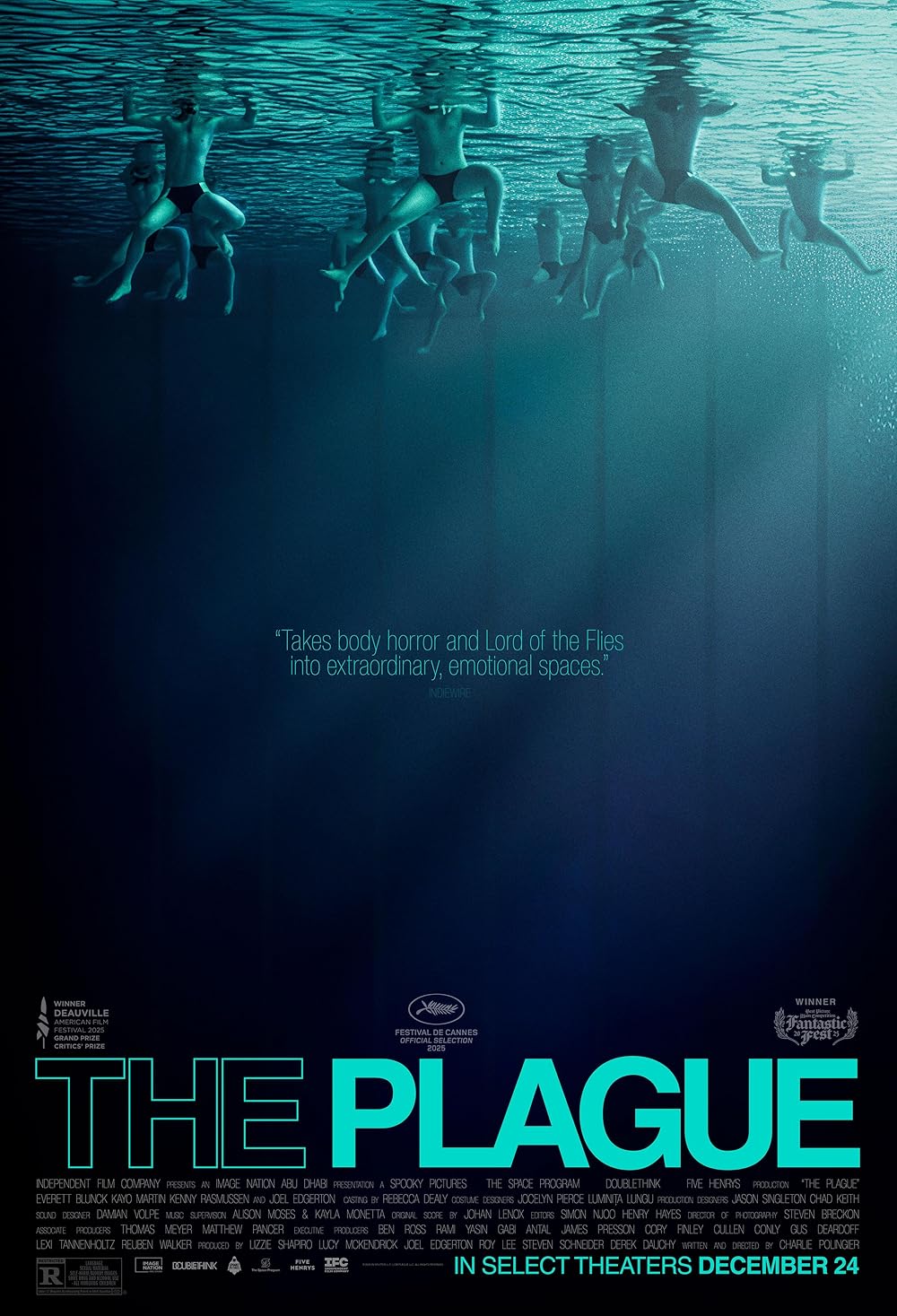
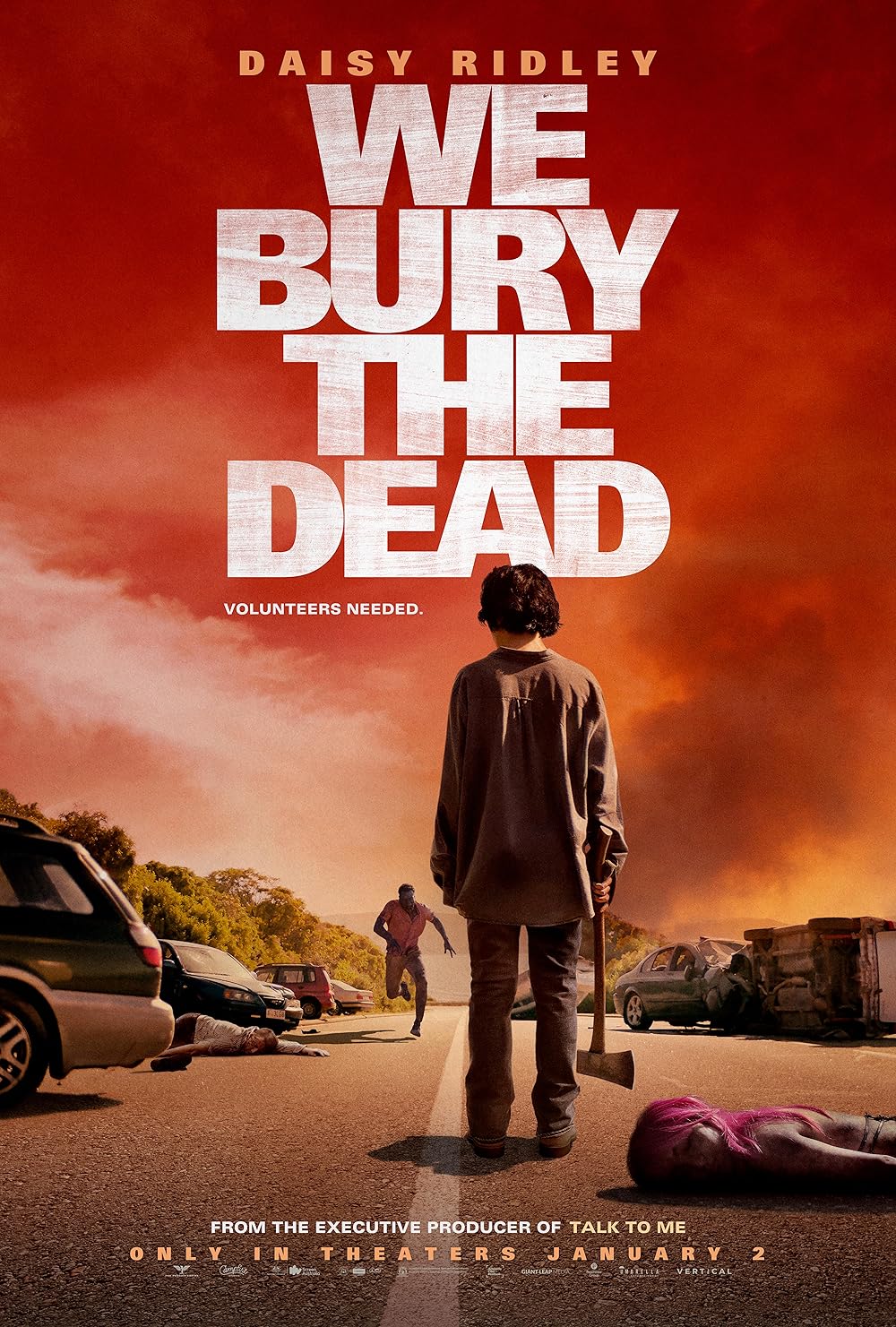 |
December 26, 2025

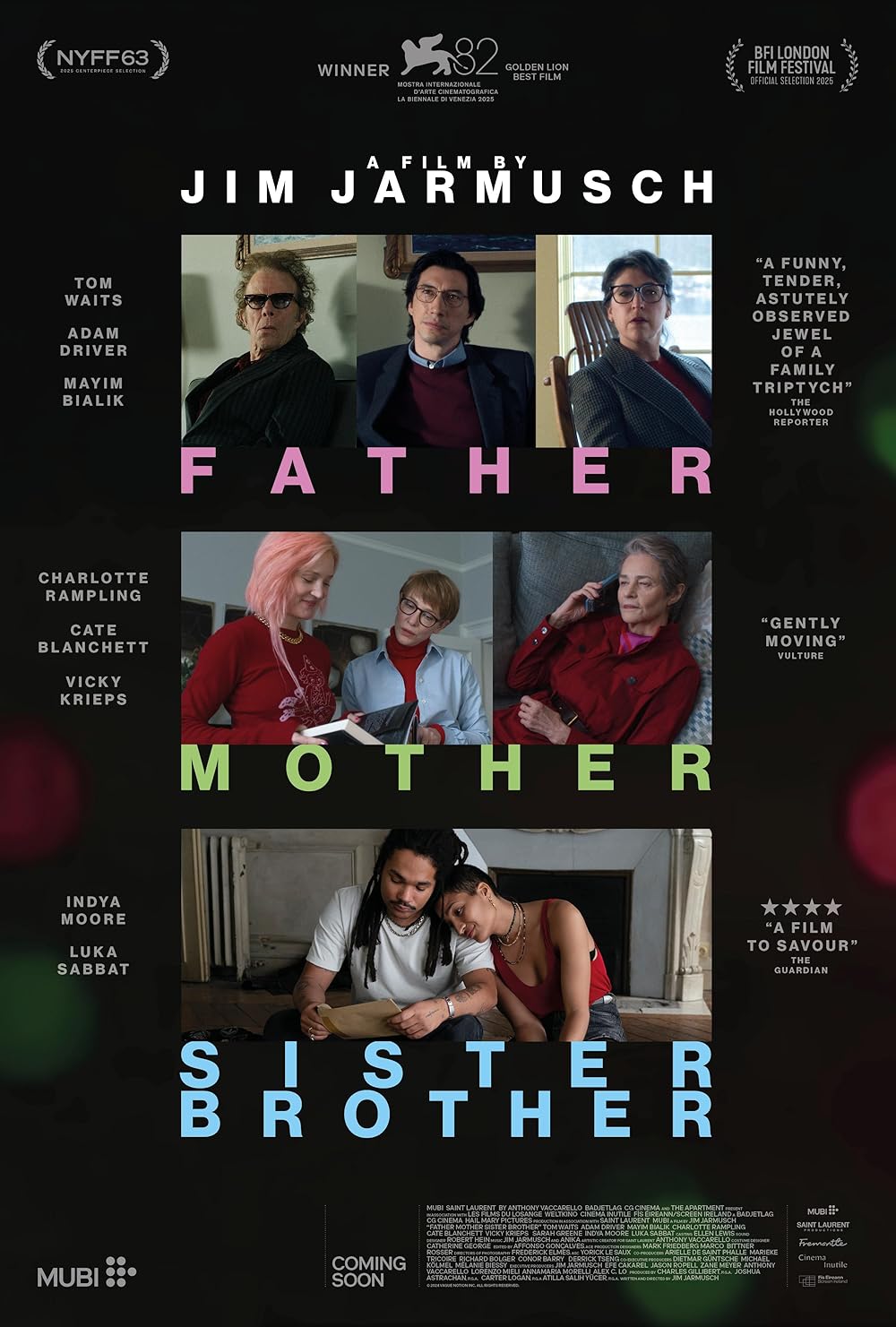



 |
December 19, 2025


 |
|
|
|
Kedma
(2002)
Directed by
Amos Gitai

Review by
Zach Saltz
Amos Gitai’s
Kedma (2002) begins with a women slowly and seductively removing
her top, and proceeding to fall on a bed where her husband makes
passionate love to her.
The
scene is unabashedly erotically-charged, as the camera casually and
voyeuristically intrudes on the couple’s quiet intimacy in apparent
isolation.
But after a few
moments, the husband, Janusz, inexplicably stops midway through, puts on
clothing, and walks away from his visibly distressed wife, only to
reveal a host of desolate onlookers, robed in dark, heavy clothing.
Janusz then climbs up a ladder and steps on the main deck of the
freighter the couple have been traveling aboard all along.
Contrasting the highly personal, serene lovemaking are images of
seasick passengers vomiting overboard, while others huddle together for
warmth amidst the cold ocean breeze.
Intimacy and comfort must be sacrificed for the sake of a dream.
These
onlookers are European Jews aboard the Kedma
(meaning “Toward the
Orient”), one of the many rusty old cargo freighters transporting its
displaced war-ravaged passengers to the Holy Land of Palestine. The date
is May 7, 1948 – only a handful of days before the independent Israeli
state will be declared, and the solemn faces of the
Kedma’s
passengers, a continental cross-section of concentration camp survivors,
illustrate an attitude that is hardly gleeful about the prospect of yet
another journey into diaspora as a result of persecution.
“I want to cry, I want my tears to reach the whole world,” a
sober chanteuse somberly sings to her fellow exiles.
Another man quietly asks: “If God loves us so much, where was He
when they were killing us in the camps?”
If there is any hope that Holocaust survivors can band together
and form their own autonomous state, it will rely on their ability to
unify through mutual grievance over the loss of their loved ones;
indeed, their conversations with one another are comprised squarely
personal accounts from the ghetto and the Eastern front (in one
revealing scene, a Russian asks a Pole what to shout in battle instead
of “Long live Stalin!”)
Once the
Jewish passengers reach land, they immediately encounter a band of
flag-waving British soldiers equipped with automatic weapons; the unit
is immediately overrun by Haganah units bringing the
Kedma
passengers to safety at the nearby Kibbutz.
By this time the British, sensing the growth of the Haganah after
their raids of Arab districts in Jerusalem (known as Plan D), had slowly
began to withdraw troops from fortified strongholds, “cleansing”
themselves of the imminent bloodshed that was sure to ensue from the
Arabs and the Jews.
But
Gitai is careful in assessing their assumed bloodthirsty hostilities;
indeed, the central scene of the film occurs when a group of lost Jews
encounter a band of Arabs on horseback who have been driven out of the
region.
Klibanov, the
navigator, asks an Arab woman at the head of the pack from whom the
group is fleeing.
“The
Jews,” she replies, “and who are you fleeing from?”
“The British,” solemnly replies Klibanov.
It does not take long for the Arabs to realize that they have
encountered the very people responsible for their mandatory departure,
and it appears that a skirmish has begun – until both sides, exhausted
from traveling, simply give up and let each other pass.
Fatigue, piety, and resentment toward foreign invaders may be
perhaps the only two things the Arabs and the
Kedma Jews share,
but both are powerful forces in mobilizing support for each side’s
mission to peaceably inhabit the Holy Land.
Sadly and
inevitably, however, the mutual desire for peace is not long-lasting,
and the Jews’ desire for arable land and sustenance is overtaken by a
desire to fight for that land – not merely to assert their control of
it, but to legitimize their claim to it as a result of their perceived
superior ethnicity.
“I
hunger not for bread, nor thirst for water, but to see your bodies
riddled with bullets,” a young man named Menahem valiantly proclaims
regarding the Arabs.
It is
in this virulent capacity for fighting that writer-director Gitai makes
a critical judgment toward the Jews; “if you want to live, you must
forget,” one refugee says of the Holocaust, “and if you want to survive,
you must forget.”
But while
the painful memories of the bloodshed of family members lost to vicious
Nazis occupies a central place in the minds of the
Kedma Jews,
they appear to have conveniently forgotten the torment of seeing their
own ghettos overrun with soldiers executing men, women, and children at
will – which is precisely what the Haganah units do without guilt to
local Arab villages and evacuees.
Indeed, a
question one must ask when viewing a story involving Arab-Israeli
relations is whether its author creates a fair and balanced perspective
on both sides; Amos Gitai appears to accomplish this balance extremely
well.
The viewer does
sympathize with the Kedma
Jews as a result of their plight from
Europe, but perhaps not so much with their actions.
Crucially, however, the director also includes a scene of
truculent Jews bullying a hapless elder Arab couple and confiscating
their mule to carry a dead body.
“We’re not trained like you, we’re not organized,” the old man
shouts, as he is abandoned in the middle of a battlefield.
Some critics, such as J. Hoberman, have called the episodic and
polemic nature of Kedma “less a movie than a symptom inviting
diagnosis”; but this is precisely Gitai’s point with his emphasis on
long, expressive shots of empty land, suggesting that true possession of
Israel was as vague and vacant in 1948 as it is today.
Rating:

|
|
New
Reviews |
2023 PINOT BEST PICTURE
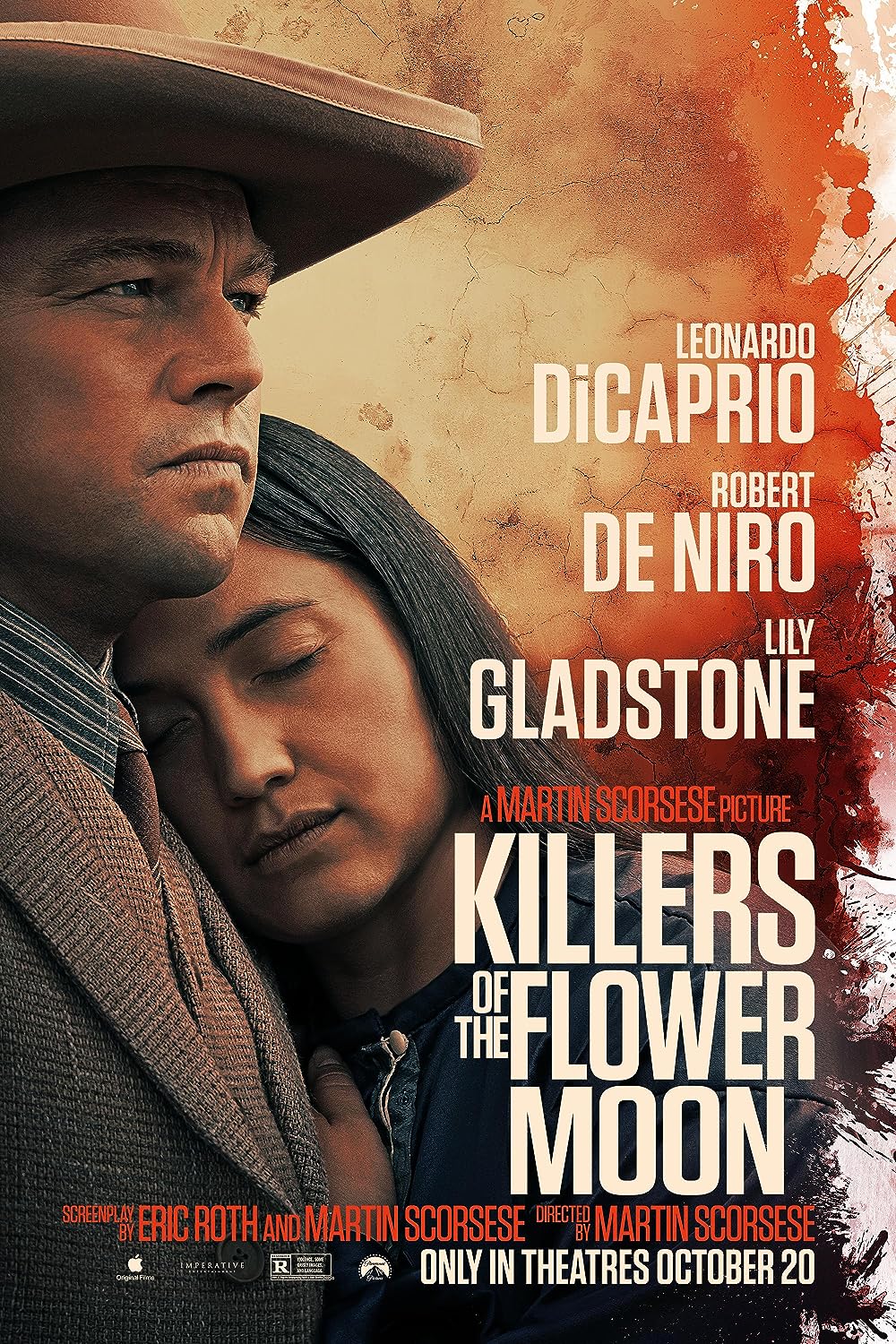
PODCAST DEEP DIVE |

Podcast Featured Review |

Podcast Featured Review |
Todd #4 Most Anticipated

Podcast Review - Todd |

Podcast Review - Adam |

Podcast Review - Zach |
Top 10 Blindspot

Podcast Review - Adam |
10th Anniversary

Podcast Oscar Review - Terry |
30th Anniversary

Podcast Oscar Review - Terry |
2025 PINOTS

Nominations & Debates |
2024 Pinot Best Picture

PODCAST DEEP DIVE |

Podcast Featured Review |

Podcast Review - Todd |
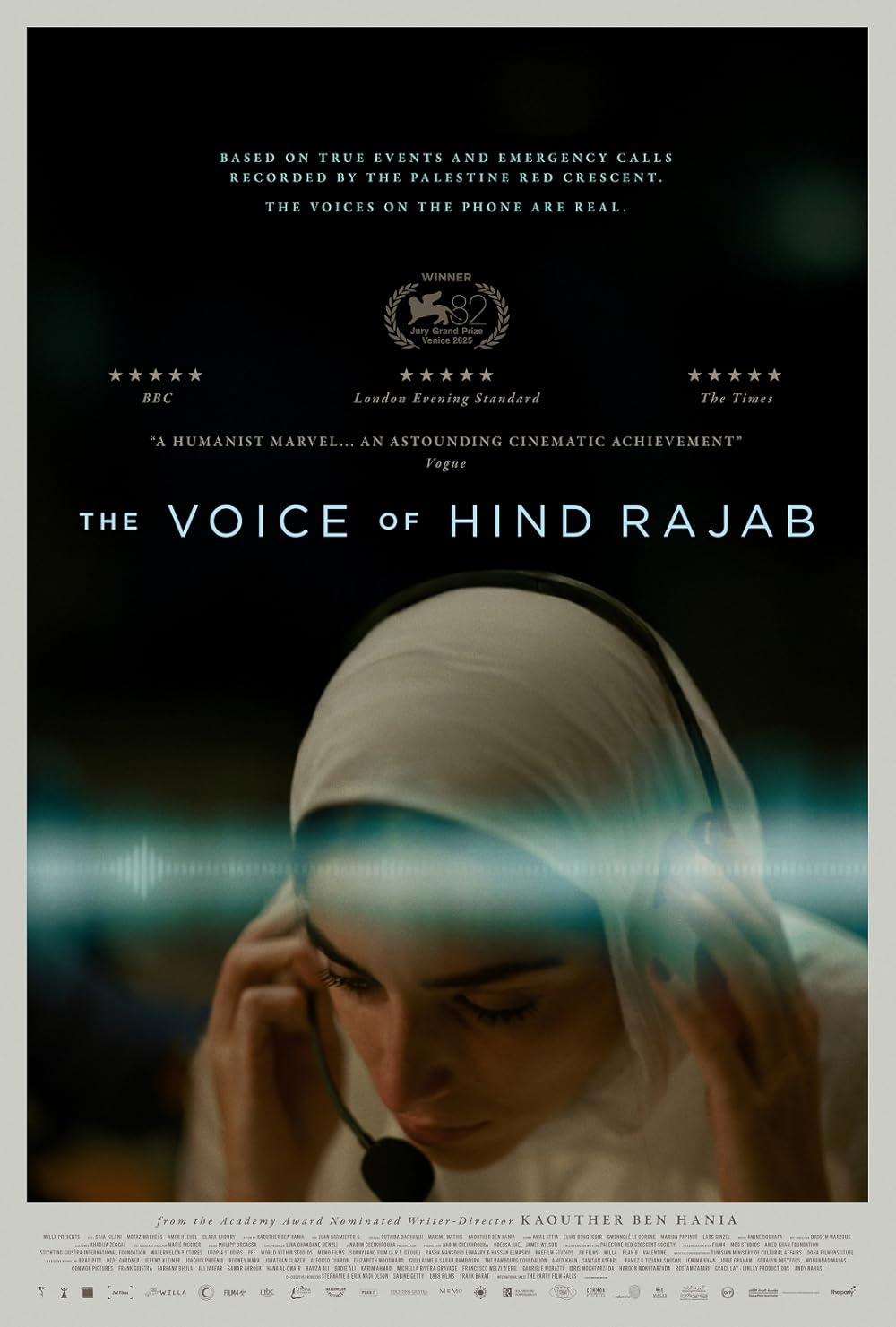
Podcast Review - Zach |
Top 10 Blindspot

Podcast Review - Adam |
10th Anniversary

Podcast Oscar Review - Terry |
20th Anniversary
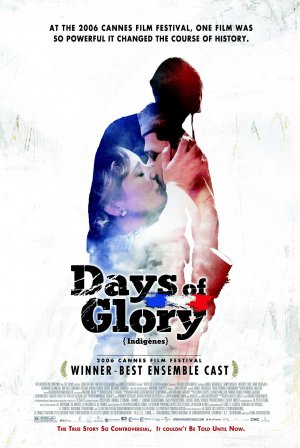
Podcast Oscar Review - Terry |
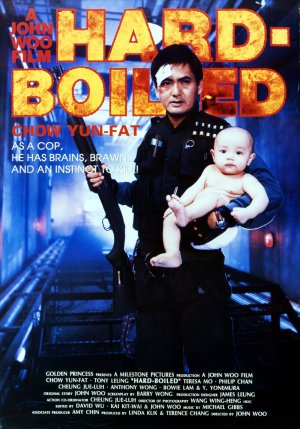
Podcast Review - Zach |
TOP 10 FILMS OF 2025
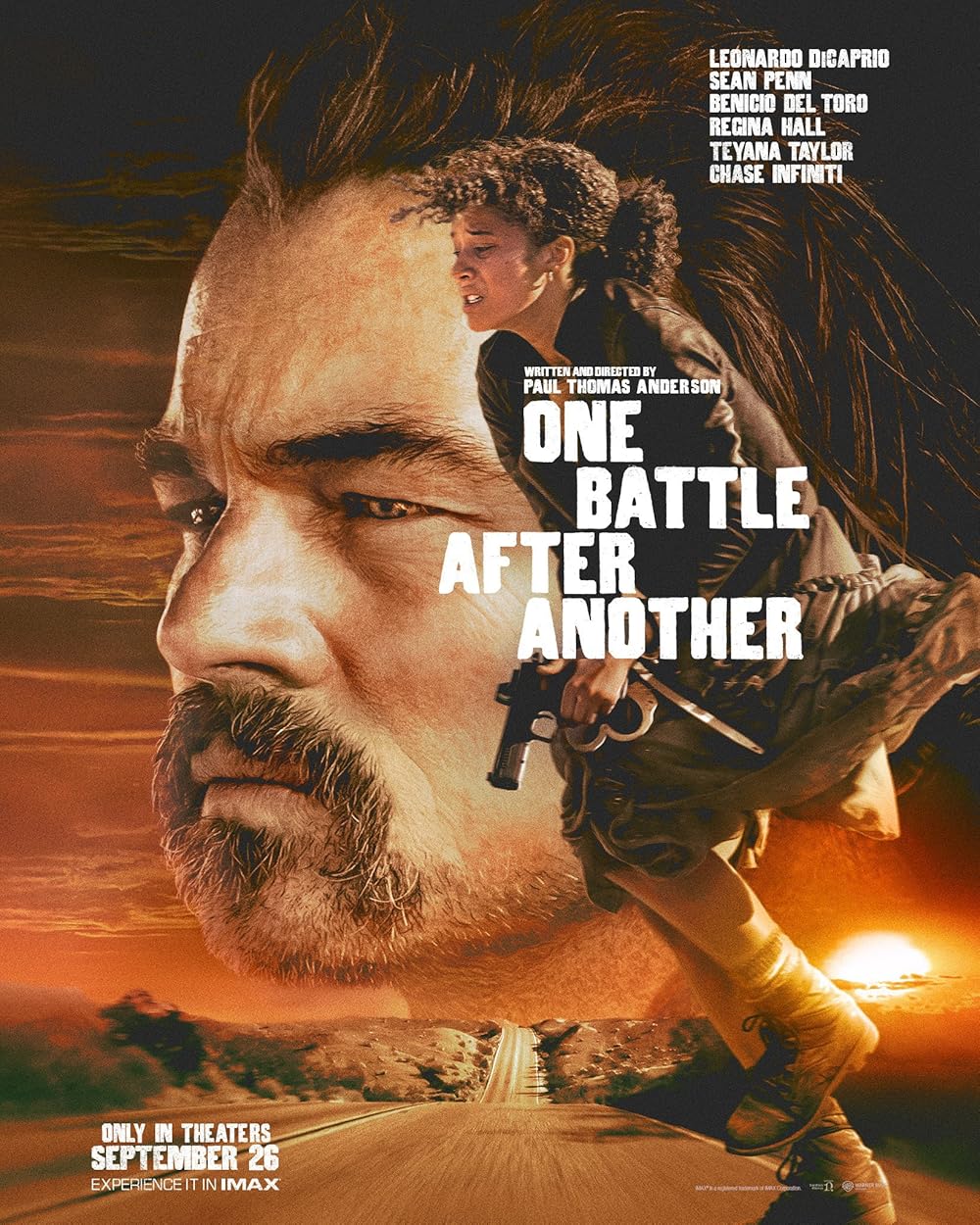
LIVE ON YOUTUBE!!! |
Reactions to the Nominations

Written Article - Todd |
2026 Oscar Predictions: Final

Written Article - Todd |
Todd Most Anticipated #5

Podcast Featured Review |

Podcast Review - Todd |

Podcast Review - Terry |
|
|
|